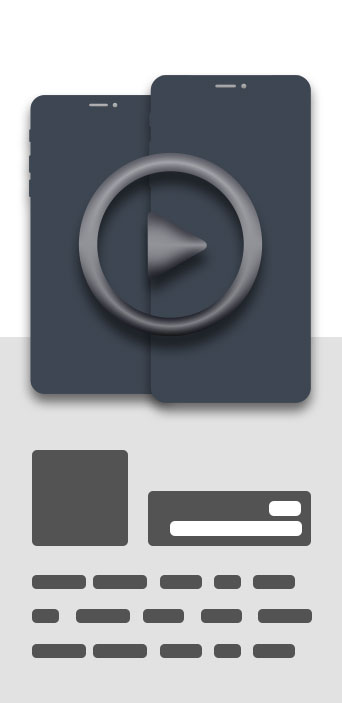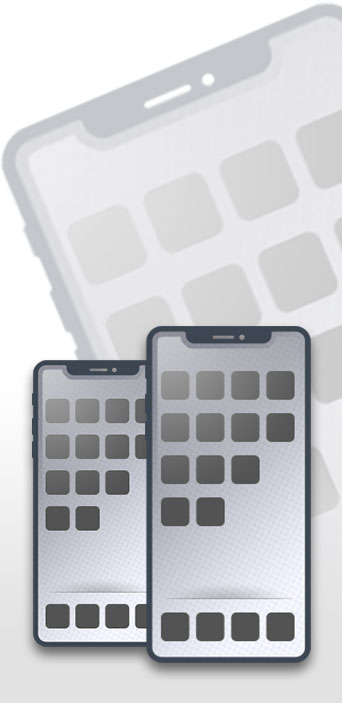Federal High Court of Nigeria Mobile Access App
This Federal High Court of Nigeria Mobile Access App is for Nigerians to get mobile easy acces to every information about the High Courts In NigeriaHISTORY OF FEDERAL HIGH COURTBackground The Federal






Federal High Court of Nigeria Mobile Access App
This Federal High Court of Nigeria Mobile Access App is for Nigerians to get mobile easy acces to every information about the High Courts In NigeriaHISTORY OF FEDERAL HIGH COURTBackground The Federal Revenue Court (as Federal High Court was then called) was established by the Federal Revenue Act 1973 (1973 No.13). The Court was renamed the “Federal High Court” by Section 228 (1) and 230 (2) of the Constitution of the Federal Republic of Nigeria, 1979.Although the need was noted during the constitutional Conference leading to Independence, to establish a High Court for the determination of causes and matters within the Exclusive Legislative list, as is the customary in countries with the Federal System of Government, no step was however taken in that regard until the promulgation of the Federal Revenue Court Decree in 1973.The Court as Federal Revenue Court (began with a President as the head of the court was then called) and four judges.From its inception, controversies over its jurisdiction dogged every step of the Court. However, such controversies were finally settled with the enactment of Section 230(1) of the Constitution of the Federal Republic of Nigeria 1979.Section 231 of the 1979 Constitution was replicated in the Federal High Court decree (Amendment) 1991(60) which amended Section 7 of the Federal High Court Act (1973); and conferred exclusive jurisdiction on the court in relation to the subject matters covered by section 7 of that Act, as amended.Section 7 of the Federal High Court (Amendmentment) 1991 has now being re-enacted Civil Causes and Matters as section 251(1) (a) to (s) and of the Constitution of the Federal Republic of Nigeria 1999 as amended.its jurisdiction in criminal matters are as provided in Section 251 (2) and (3) of the Constitution of the Federal Republic of Nigeria, 1999 as amended and in such criminal matters as the National Assembly may by Act, confers jurisdiction on it. The Federal High Court has concurrent jurisdiction with the High Court of the FCT and State High Court in respect of fundamental Rights matters by virtue of Section 46(1) of the Constitution of the Federal republic of Nigeria, 1999.To facilitate the expeditious determination of Civil Causes and Matters before the Court, the Federal High Court (Civil Procedure) Rules 2000 was enacted by the Chief Judge of the Federal High Court pursuant to Section 254 of the Constitution of the Federal Republic of Nigeria, 1999 as amended. The new Rules have several innovative provisions which cover all aspects of practice and procedure before the Court and have a (Fundamental objective) for a (just and expeditious disposition of cases) in view.In 2011, a new Admiralty Procedure Rules were made by the Chief Judge in order to aid a more expeditious hearing of maritime claims in which the Federal High Court has exclusive jurisdiction and which claims as with intellectual property rights, trade marks, patents and designs sometimes have international dimension which may involve foreign companies and interests.The Court has put up its own Building in the following twenty-four Divisions and in 2009, moved to its Headquarters in Abuja.Division with Buildings These are the Following Divisions with the court with Building:Federal High Court ABUJA(HEAD QUARTER) Federal High Court ABAKALIKI Federal High Court ABEOKUTA Federal High Court AKURE Federal High Court BENINFederal High Court CALABAR Federal High Court ENUGUFederal High Court IBADANFederal High Court ILORINFederal High Court JOSFederal High Court KADUNAFederal High Court KANOFederal High Court KATSINA Federal High Court LAFIA Federal High Court MAIDUGURIFederal High Court MINNA Federal High Court OSHOGBO Federal High Court OWERRIFederal High Court PORT-HARCOURTFederal High Court SOKOTOFederal High Court TARABA Federal High Court UMUAHIA Federal High Court UYO Federal High Court YOLA


